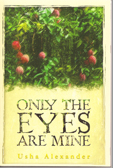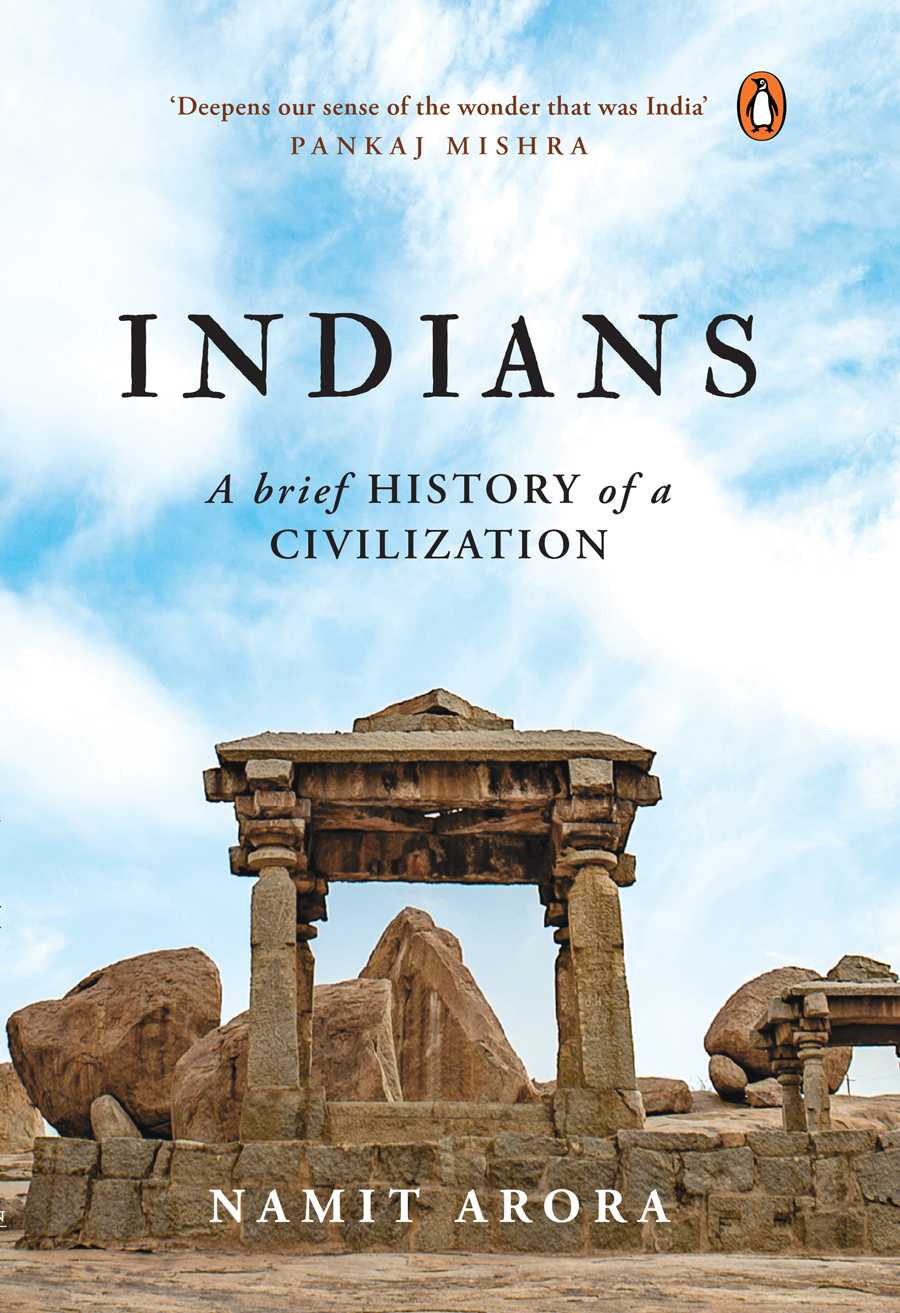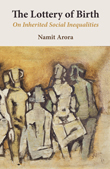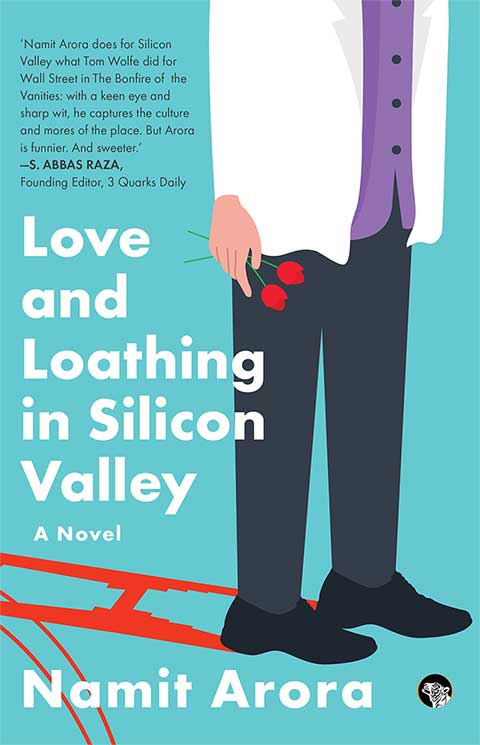| Index of articles from the Blog |
| Animals |
| Anthropology & Archaeology |
| Art & Cinema |
| Biography |
| Books & Authors |
| Culture |
| Economics |
| Environment |
| Fiction & Poetry |
| History |
| Humor |
| Justice |
| Philosophy |
| Photography |
| Politics |
| Religion |
| Science |
| Travel |
Books by
Books by
|
By Namit Arora | Nov 2008 | Comments
(Published in Culture Wars, the reviews publication of the Institute of Ideas, London, in Feb 2009.)
Regarded later as an unmitigated disaster even by diehard commies, this wasn't the first time a Chinese leader had turned against Confucianism. The very first emperor of China, Qin Shi Huang, who also commissioned the Terracotta Army, had launched his own great Confucian purge in the third century BCE. But such events are anomalies for Confucianism, which would revive, adapt, and thrive again (the longest slump was during the Tang dynasty), giving China a distinctive cultural continuity for almost 2500 years.
Like the Buddha, Jesus, and Socrates, Confucius too never wrote a word. Even the Analects of Confucius, considered closest to his thought, was compiled after his death by many generations of disciples. To understand what he inspired in China, a better approach is to read the Analects along with three exegetical works that form the animating core of Confucianism, i.e., the Confucian canon—the Book of Mencius, the Great Learning, and the Doctrine of the Mean. ***** The Golden Rule ("Do not impose on others what you do not wish for yourself") finds a prominent mention in the canon. Many propositions are based on moral reciprocity. The dominant view is that human nature is innately good but is corrupted due to our failings. With effort, each of us can perfect it and recover the original goodness. This, in fact, is the goal of all learning—to discover our universal human nature and live a worldly life in accord with it—the Way of the Heaven, or simply, the Way. A clear implication is that recovering our innate nature will lead to inner peace and social harmony.
Confucius believed that cultivation of the self lies at the root of social order, which in turn is the basis for peace and political stability.[4] A progressive and radical thinker in his time, he approved his society's move away from a slave-owning to a feudal age (taking this out of context, modern commies and capitalists have called him reactionary). Worthy men, he said, were under no obligation to serve unworthy rulers, and must be prepared to sacrifice their lives in defense of principle.[5] Analects 9:26 says: "One may rob an army of its commander-in-chief; one cannot deprive the humblest man of his free will." A good government rules humanely, "by virtue and moral example rather than by punishment of force."[6] The canon enumerates the qualities of the exemplary ruler. For instance, he must possess five virtues: benevolence, righteousness, propriety, wisdom, and trustworthiness. He must use nine standards to administer the empire:
***** Centuries later, in early 2nd millennium CE, the impact of Buddhism, Taoism, and other social transformations led to what we now call Neo-Confucianism. While it mainstreamed the Taoist concepts of chi, yin and yang, and tai-chi, Neo-Confucianism also took a turn for the worse, taking a more hierarchical view of society. For instance, it expounded on five social relationships and the conduct appropriate for each: ruler and ruled, son and father, younger brother and older, wife and husband, friend and friend. It advocated submission to authority, loyalty and obedience, orthodox family values, filial piety, thrift and hard work. Confucius, almost certainly, would have disapproved.
The Confucian canon, notably, was a vital part of the curriculum of China's civil services exams for 1300 years (until 1905). This China-wide administrative system (which likely shaped the British model in India) helped forge cultural homogeneity and common social values, reduce political regionalism, and build a common identity that made possible the Chinese nationalism of the twentieth century. Not surprisingly, this came at a price. According to Jonathan Spence,
This no doubt contributed to the subsequent stasis in Chinese civilization. The birthplace of paper, printing, gunpowder, and the magnetic compass turned inward, uncreative, and xenophobic. The sense of humiliation that colonial encounters left behind, the experience of Maoism, and the worldly Confucian ethos of its people under post-Mao regimes go a long way in explaining the tenor of modern China. It is notable that today, unlike the Buddha and even various Hindu gurus and yogis, Confucius has almost no following outside the Chinese cultural sphere in East Asia. This may be because the ideal Confucian path is a "society of cultivated individuals"—the emphasis is on both "society" and "cultivated individuals". The two go hand in hand and reinforce each other. One is incoherent without the other. It requires people to cultivate themselves to establish a critical mass of "social harmony", which then leads to wider cultivation of individuals and greater harmony. But can one speak of a Confucian individual in the West, which has no equivalent goal of social harmony? This is perhaps why Confucius has few followers in the West. The Buddha's enlightenment is of course a very individual path and so it resonates more strongly; likewise the idea of saving oneself through the "wisdom" of a Hindu sage.
[1] Jonathan Spence in Confucian Ways, Reith Lectures, 2008. All but the "Little Red Book" image were taken during my travels in China last year. See more photos here.
|
Designed in collaboration with Vitalect, Inc. All rights reserved. |
|














